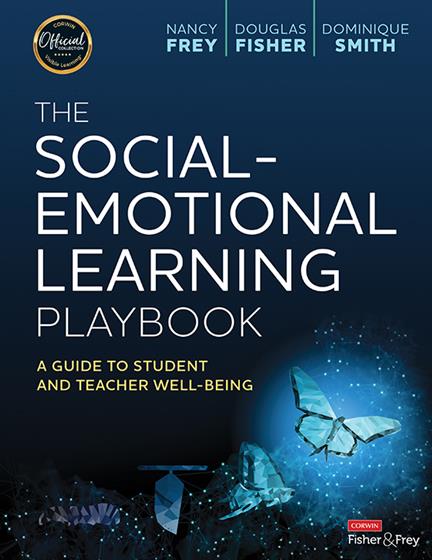Unlocking Equity
/
Does Reclassification Change How English Learners Feel About School and Themselves?
Does Reclassification Change How English Learners Feel About School and Themselves? Evidence From a Regression Discontinuity Design
By Monica G. Lee and James G. Soland
Educational Evaluation and Policy Analysis; 2022; Volume 45, Issue 1
Between 2000 and 2016, the EL population in the United States grew by more than 1.1 million students, but policies guiding states on EL classification weren’t standardized until 2015, with the passing of the Every Student Succeeds Act. But processes still vary between states and districts, which may or may not include recommendations for SEL supports. Using data obtained from three districts in California, researchers found a significant connection between reclassification and several SEL skills, including self-efficacy and growth mindset. If your school or district isn’t already monitoring and working to improve such skills, implementing related programs could improve outcomes and help struggling students.
Student attitudes and perceptions about their own abilities have been shown to have significant effects on academic success. This is especially true for ELs, who are expected to learn standard academic content while also developing English language skills. In addition to exploring the effects of reclassification, the researchers in this study underscore how a constellation of variables can harm academic performance, such as lowered expectations from educators, exclusion from advanced courses, ignoring non-English linguistic ability, and the stigma of being classified as an EL in the first place.
Related Titles
Resources
- opens in a new tabIf you are interested in exploring the SEL constructs described in this study, the researchers offer more comprehensive definitions in the following link: Supplementary Online Materials - opens in a new tab. This document also contains a copy of the student survey used to measure student perceptions in connection with self-management, growth mindset, self-efficacy, and social awareness.
Reflection Questions and Next Steps
- Read the “The Importance of SEL Skills to Academic Outcomes” and “SEL Skills Among ELs” sections. Were you aware of the stigma some students attach to being an EL? What about the evidence that EL students recognize and internalize lowered expectations from teachers? How might you address this in your classroom?
- In the “SEL Skills Among ELs” section, research is highlighted that shows “ELs have more negative academic attitudes and self-beliefs compared with non-ELs” and that “ELs are more likely to have fixed mindsets about their academic success” when compared to their peers. Have you seen evidence of this in your school or classroom? What would you need to help change that?
- Do your teachers have access to SEL-related professional development? Do you have policies in place that help educators address their students’ SEL-related needs? What are they? After reading this paper, what would you like to change about them?
- Were you aware of the research showing links between student SEL skills and factors like gender, economic status, and age? What kind of stereotypes do you think your students face that might impact how they see themselves or their academic work? What can you do to change that?

